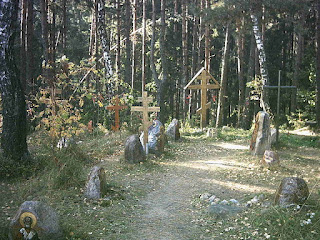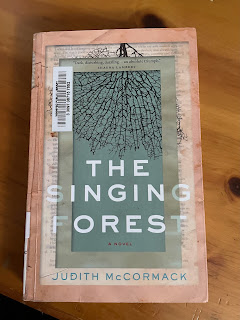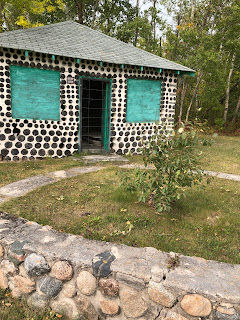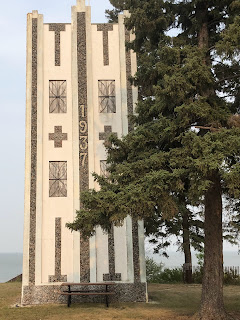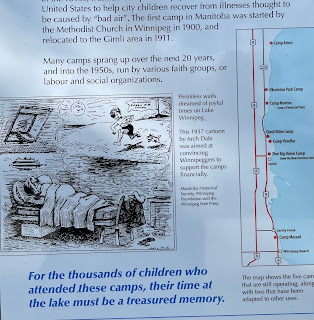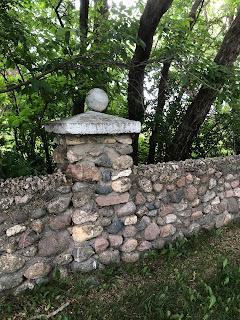 |
| Story Fossils at Lake Winnipeg |
Meanwhile, I’ve lived for almost four decades with a man whose various stages of brain damage have led to a confabulated past that leaves my own head spinning. I find myself isolated and alone when I realize that this man I’ve shared a home with, doesn’t share my memories. But confabulating the past doesn’t just hurt families. It seems to be all the rage now in Russian politics.
And isn’t confabulation what we fiction writers do all the time? We invent things. When we don’t know all the facts, we make stuff up. I know that with my own historical fiction I try to build on facts but create a character to personalize them. I invent lives to fit into the events. Sort of like building dinosaurs out of old bones.
Recently, I was re-visiting a book, first published in 1947, Forced Labor in Soviet Russia by David J. Dallin and Boris I. Nicolavesky. (These 2 co-authors are worthy of more research!) It’s the best source of detailed locations of the Soviet-era corrective camps I’ve come across. I wanted to find some modern images of the camps on the internet.
 |
| Fence at Perm Photo: Gerald Praschl, CC |
Putin demonstrates daily that confabulation is thriving in modern-day Russia. The only gulag museum in Russia, housed in Perm, in the Urals, was until 2014 under the management of Memorial, an international human rights NGO. But that truth is too hard to remember and so it's been changed. It’s like a whole country has brain damage and needs to confabulate a storyline to survive.
Perm 36 once a museum remembering the victims of the gulag, now has re-written its own story. For modern Russia, gulags have become a necessary evil that helped Russia achieve greatness. According to the new museum director, it is no longer "politically correct" to view the camps beyond their architectural layout and positive contribution to the Soviet victory. Manipulation of memory. Russia now lives in its own confabulated world. A lonely place to be.

